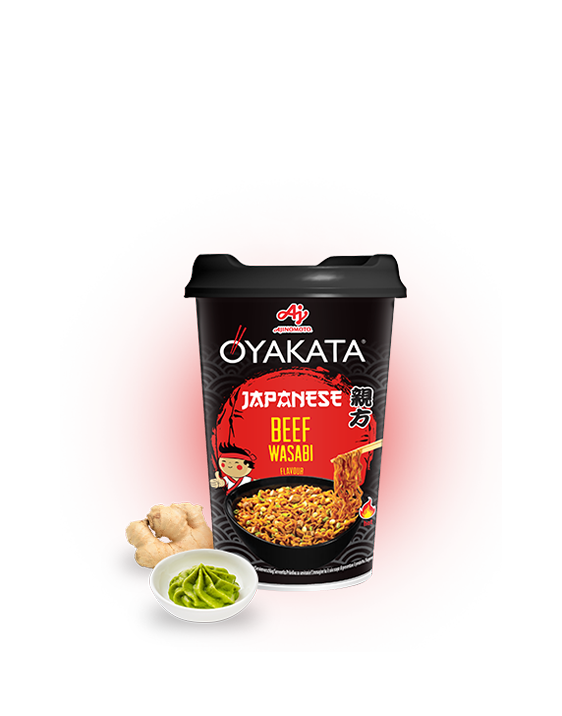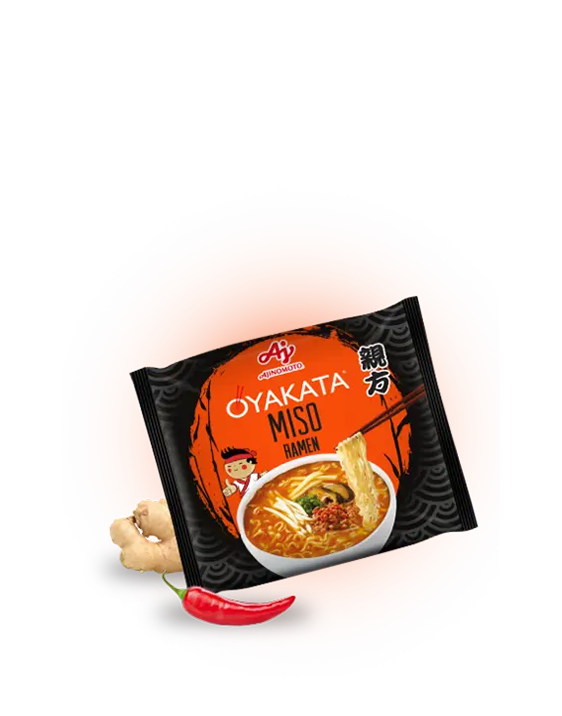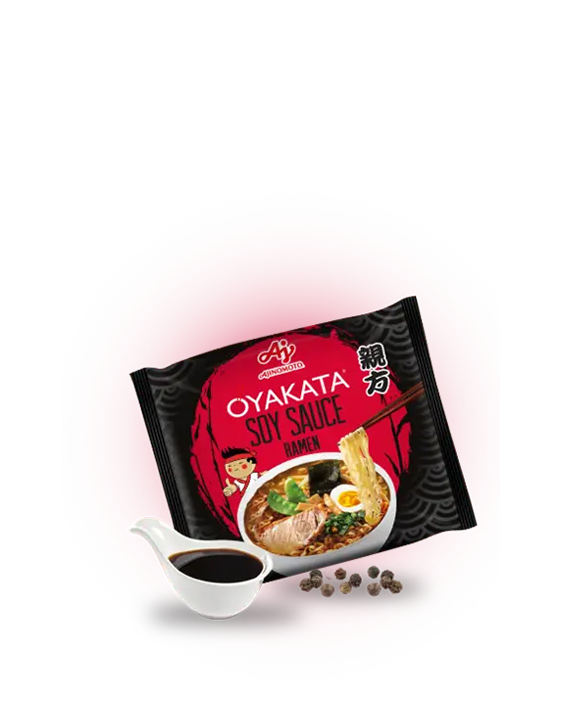

MASTER'S BOOK
CHRISTMAS GIFTS IN JAPAN
Gift-giving in Japan
The tradition of gift-giving in Japan is very complex, and the Japanese are very serious about it. There are three kinds of gifts in Japan: presents given without an occasion (miyage, temiyage, susowake, purezento), travel mementos (ryokōmiyage) and seasonal gifts, including Christmas presents. Kurisumasu, the Japanese version of Christmas, is a purely commercial event. Shop owners make a lot of money in that time, with the Japanese buying huge amounts of presents to give to their family members, colleagues and friends. Gift-giving in Japan normally reflects the social hierarchy, but during Christmas it plays a less important role. Still, the Japanese set great store by their gift-giving customs. Gifts should be beautifully wrapped in paper and colourful ribbon, and always held with the two hands. They should not be too expensive so as not to make the recipient embarrassed. It is also customary to refuse to accept the gift twice, followed by accepting it in the end. Sweets, chocolate boxes and alcohols are welcomed, too. The same customs are upheld during Christmas, when the Japanese like giving presents to one another. They do not place them under the Christmas tree, however, even though they can be found in the streets of Japanese cities as well as in Japanese homes. Instead, Santa Claus puts presents in socks. Incidentally, the Japanese version of Santa Claus can be a grey-haired Asian or… Colonel Sanders, founder of KFC (in Japan, it is popular to eat chicken at KFC during Christmas).
Christmas gifts in Japan
When planning a Christmas visit, you should bring gifts for your hosts. Popular gift ideas include local specialities (sanchokuhin), as well as beverages and small items of everyday use (cosmetics, cutlery, small mugs). Giving shoes, watches or writing supplies is frowned upon, however. If you’d like to send a gift from Poland, traditional Polish sweets, Polish alcohol products and souvenirs related to Poland will be a good choice. Keep in mind that if you are going to give a present to a Japanese person, you should tell them of your intention as you enter their home, but actually give the present just before leaving.














